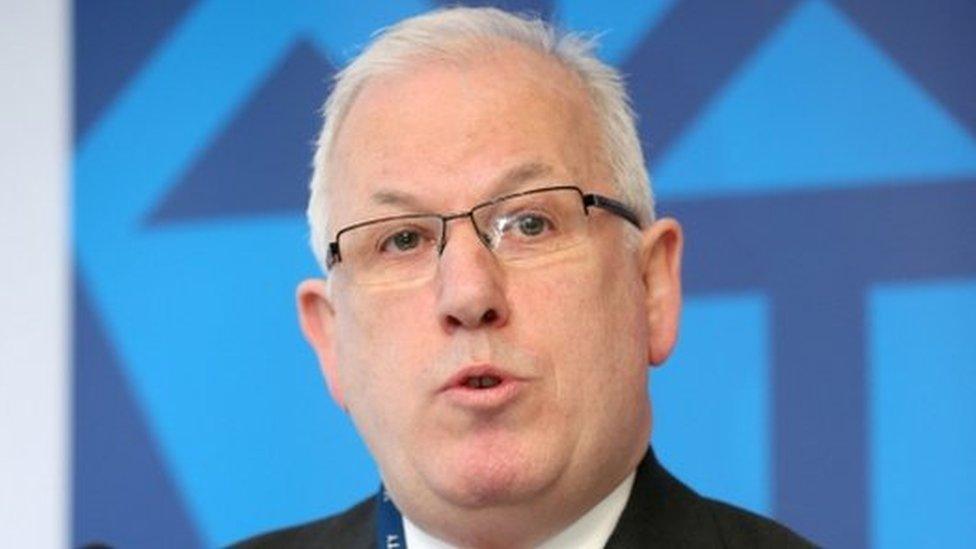Susan Deacon: 'Police Scotland needs better scrutiny, not more'
- Published
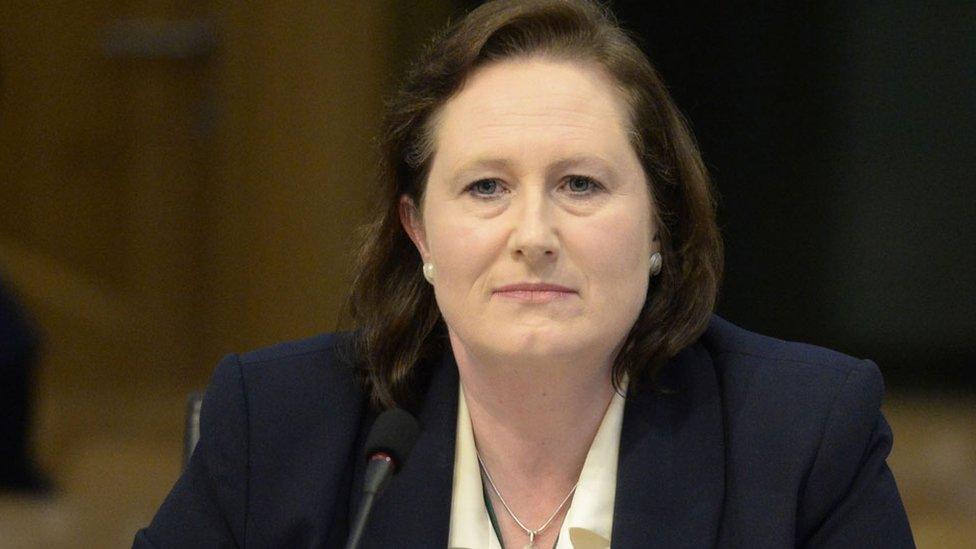
Susan Deacon was a Labour MSP for two terms, and served as health minister
The outgoing chairwoman of the Scottish Police Authority says Police Scotland needs better scrutiny, not more.
Susan Deacon quit her post on Thursday, claiming arrangements for holding police to account were "fundamentally flawed".
But she said she was struck that the justice secretary had asked for more scrutiny of the SPA.
Humza Yousaf said the single police force should be the most scrutinised public body in Scotland.
Prof Deacon took over as chairwoman of the SPA two years ago, after a series of scandals had damaged the public reputation of Police Scotland.
She was the third person to chair the authority since it began work in April 2013 alongside the launch of Scotland's single police service.
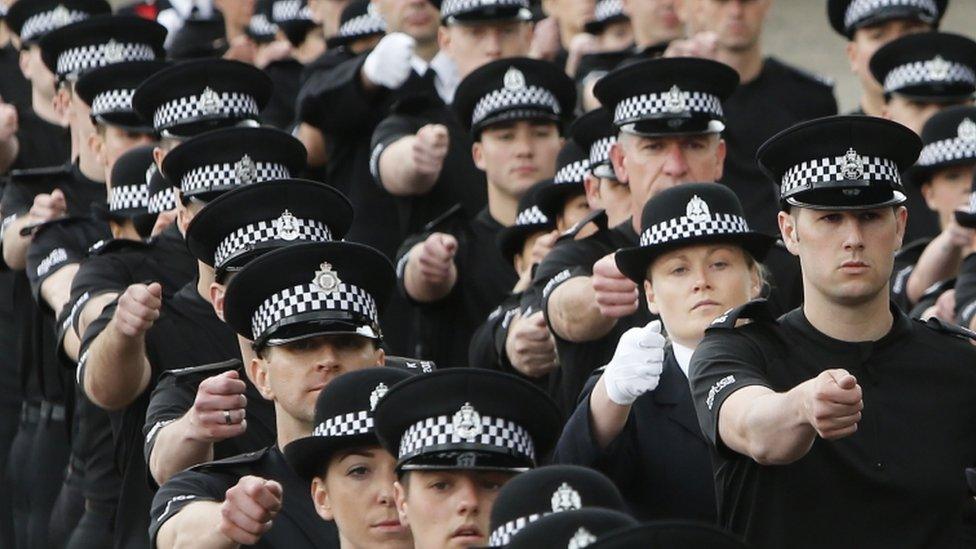
Audit Scotland has criticised the SPA for poor governance and a lack of transparency
But, speaking on BBC Radio's Good Morning Scotland programme, she said she had done all she could in the job.
She said: "After two years of working very, very hard in this role I feel I have taken it as far as I can, and I have increasingly reached the view there needs to be significant changes.
"I set out an awful lot of this in public forum, in reports to the authority as well as in discussion to the government and to many others over the months and I am really disappointed there hasn't been more of that rounded consideration about how this system as a whole can be made to work well."
She criticised the view of Mr Yousaf, the justice secretary, that the police service should be further monitored.
"I was very struck about the cabinet secretary saying that what we need is more scrutiny," she said. "What we need is better scrutiny, effective scrutiny of what is the UK's second largest police service.
"Simply having a clutter of organisations all dabbling about doing different things does not more effective scrutiny make.
"It is too easy to default into saying you will make a few tweaks to the personalities and processes of the SPA then somehow you will have a more effective system."
'It was rushed'
Prof Deacon said the systems and functions of the SPA were not considered enough when it was established with the single force.
She added: "There was a system put in place when this legislation was created and it was rushed - everybody has acknowledged that.
"Other public bodies take maybe a year to organise and plan, and design how they are going to work alongside government and other organisations."
However, Mr Yousaf said he did not believe anything was wrong with the set-up.
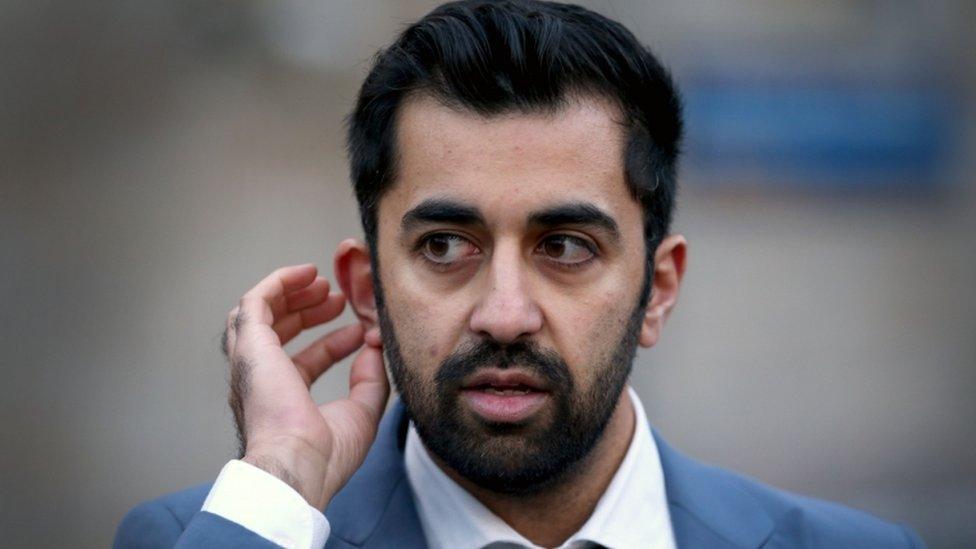
Humza Yousaf has called for more scrutiny of the police service
He said on the programme: "Even our harshest critics would be the first to admit that in the last couple of years, and in no small part down to Susan Deacon, policing has been on a much more stable footing.
"Is it perfect? No, and there are improvements to make. But even in Susan's resignation letter she was clear that policing is in a stronger place than it has been previously."
He admitted he disagreed with Prof Deacon on the levels of scrutiny of Scotland's police force.
He said: "The more scrutiny of our police service the better. And that's where sometimes Susan and I have had some disagreements - around how I think the sub-committee on policing should be able to look at whatever it wants to look at.
"The justice committee should be able to scrutinise wherever it wants to. Government and cross-party parliamentarians have a role to scrutinise, as does HMICS - the police is probably the most scrutinised body in Scotland, and so it should be."
The current head of the Scottish Police Federation, the body that represents most police officers, criticised the role of Prof Deacon.
'No effect'
Calum Steele said: "I found Susan to be the ultimate politician. She approached the authority more as a psuedo-minister than someone responsible for leading the scrutiny of the service.
"That was felt by our members. Many of our delegates at a recent event commented that it was difficult to tell who was the justice secretary and who was chair of the authority during the conference."
Mr Steele claimed there was now a decline in confidence in the authority to step up to respond to the challenges that policing is facing in terms of demand and funding. He said that came to a critical point when HMICS appeared before the justice committee and gave a withering assessment of the authority.
But, responding to comment at Holyrood that Police Scotland was in "chaos and crisis", he insisted the current disruption at the head of the SPA would not have an effect on policing.
He said: To suggest there is a crisis in policing in wholly inaccurate. The fact is this resignation will have not one jot of influence on the day-to-day policing of Scotland."
- Published5 December 2019
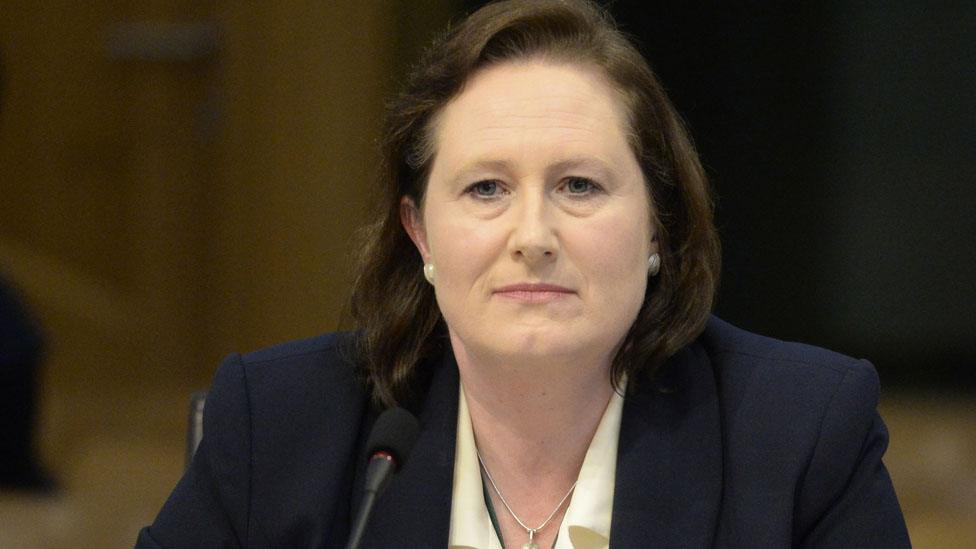
- Published8 December 2017
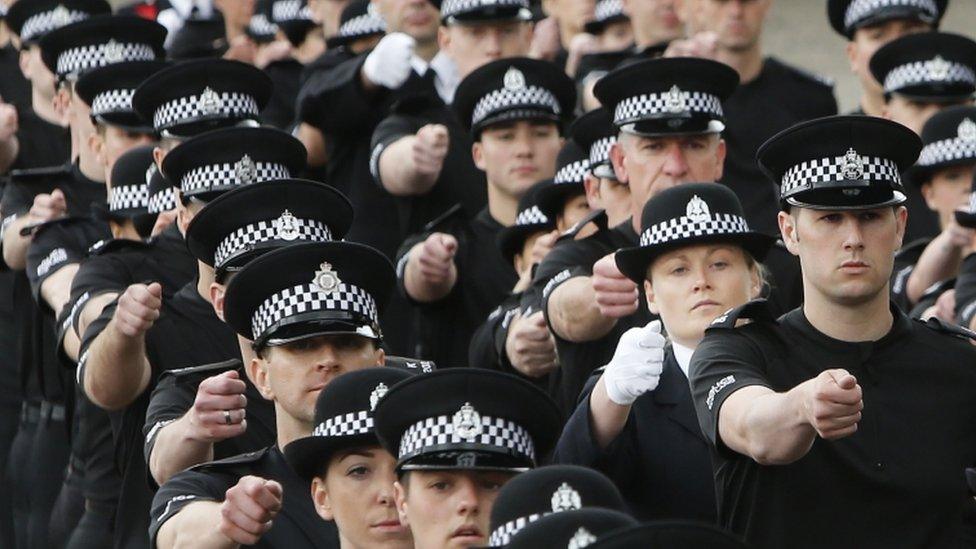
- Published16 November 2017
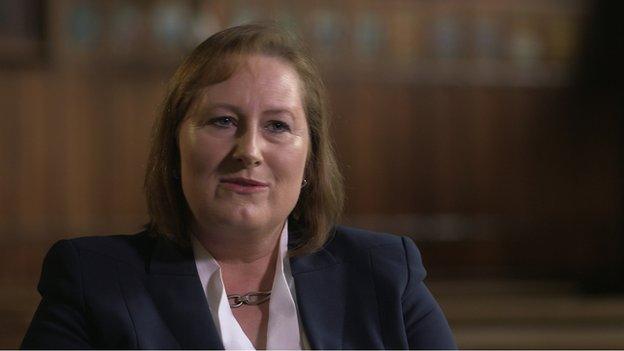
- Published14 June 2017
